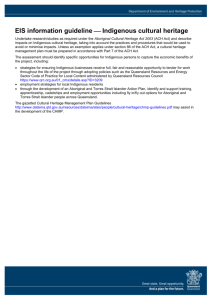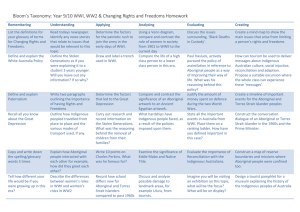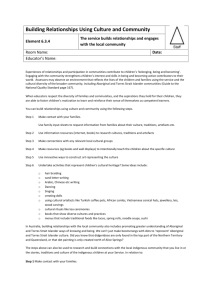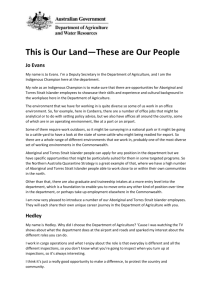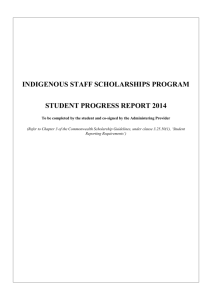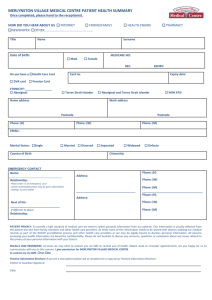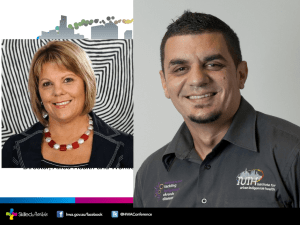- Federal Circuit Court of Australia
advertisement
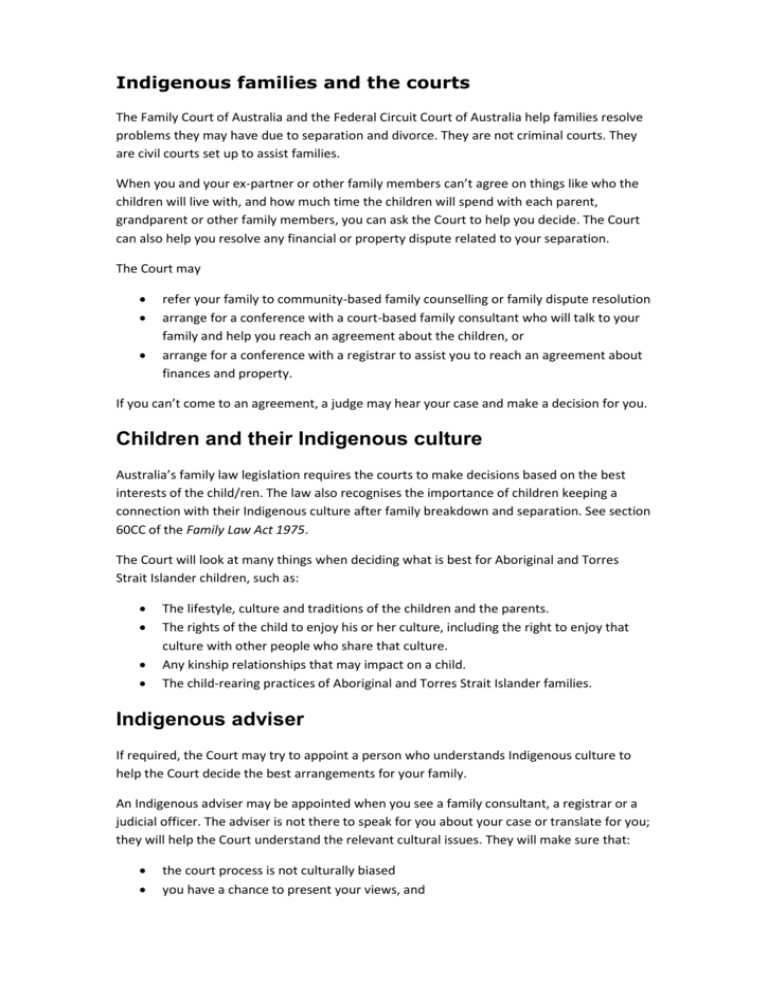
Indigenous families and the courts The Family Court of Australia and the Federal Circuit Court of Australia help families resolve problems they may have due to separation and divorce. They are not criminal courts. They are civil courts set up to assist families. When you and your ex-partner or other family members can’t agree on things like who the children will live with, and how much time the children will spend with each parent, grandparent or other family members, you can ask the Court to help you decide. The Court can also help you resolve any financial or property dispute related to your separation. The Court may refer your family to community-based family counselling or family dispute resolution arrange for a conference with a court-based family consultant who will talk to your family and help you reach an agreement about the children, or arrange for a conference with a registrar to assist you to reach an agreement about finances and property. If you can’t come to an agreement, a judge may hear your case and make a decision for you. Children and their Indigenous culture Australia’s family law legislation requires the courts to make decisions based on the best interests of the child/ren. The law also recognises the importance of children keeping a connection with their Indigenous culture after family breakdown and separation. See section 60CC of the Family Law Act 1975. The Court will look at many things when deciding what is best for Aboriginal and Torres Strait Islander children, such as: The lifestyle, culture and traditions of the children and the parents. The rights of the child to enjoy his or her culture, including the right to enjoy that culture with other people who share that culture. Any kinship relationships that may impact on a child. The child-rearing practices of Aboriginal and Torres Strait Islander families. Indigenous adviser If required, the Court may try to appoint a person who understands Indigenous culture to help the Court decide the best arrangements for your family. An Indigenous adviser may be appointed when you see a family consultant, a registrar or a judicial officer. The adviser is not there to speak for you about your case or translate for you; they will help the Court understand the relevant cultural issues. They will make sure that: the court process is not culturally biased you have a chance to present your views, and the court process is sensitive to and responsive to your specific cultural needs. Indigenous interpreter Court staff may organise an Indigenous interpreter for you if you have difficulty understanding or communicating in English. Asking questions Some court forms ask a question about your culture including your Indigenous status, for example: “Are you of Aboriginal or Torres Strait Islander origin?” You are not required to answer this question, however we encourage you to do so as your answer will assist the Court to plan and deliver services to Indigenous people. This type of question is also asked by health services, schools, universities and other Commonwealth departments, such as Centrelink. What will we do with this information? If you indicate that you are of Aboriginal or Torres Strait Islander origin, the Court will provide you with information about specific services for Indigenous families such as Indigenous Legal Aid. You are not obliged to use these services, though you may find them helpful. The information will be kept on your court file and will only be available to court staff involved in your case; for example, the judicial officer, the parties to the proceedings and their lawyers. We may also use this information when collecting statistics about the number of Indigenous people using the Court. The Court collects this information so we can know more about families who choose to use the Court and its services. Then we are better able to respond to the individual and specific needs of families, including Aboriginal and Torres Strait Islander families. How you can help the Court help you Tell the Court if you have any specific needs or concerns, including: concerns about your safety or the safety of your family when attending court if you have a current Family Violence Order if you would like an interpreter, and if you would like a family member or support person to come to court with you. Give the court complete and accurate information. Tell us if you can’t attend a scheduled conference or court event. Attend all your court appointments and hearings unless excused by the Court. Getting help Family Court and Federal Circuit Court The courts work hard to respect cultural protocols. Our staff have undertaken cultural training so they can assist you better. Please ask if you need any assistance or would like further information. We have several publications that explain how the courts work and special programs of the courts. If you want to know more about the courts or get copies of our publications, visit www.familycourt.gov.au, www.federalcircuitcourt.gov.au or call 1300 352 000. Family Relationship Centres You may also receive advice and assistance from Indigenous staff at some Family Relationship Centres. Call 1800 050 321 or go to www.familyrelationships.gov.au for more information. Indigenous Legal Aid Services If you need legal advice and you do not have a lawyer, you may be able to receive assistance from one of the following Indigenous legal aid services: ACT/New South Wales: Aboriginal Legal Service: 1800 733 233 or 02 8836 3444 Victoria: Victorian Aboriginal Legal Service: 1800 865 064 Queensland: Aboriginal & Torres Strait Islander Legal Service: 1800 012 255 Western Australia: Aboriginal Legal Service: 1800 019 900 South Australia: Aboriginal Legal Rights Movement: 1800 643 222 Tasmania: Tasmanian Aboriginal Centre: 1800 132 260 Far Northern Territory: Aboriginal Justice Agency: 1800 898 251 Southern Northern Territory: Aboriginal Legal Aid Service: 1800 636 079 BRATSI 0313 V3
